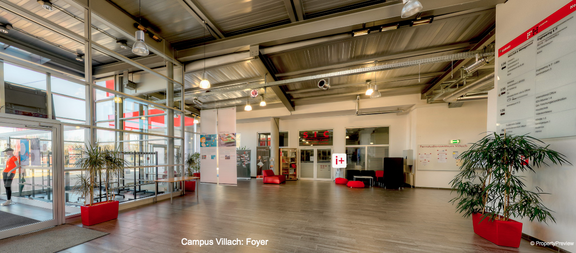TECH Scholarship for Master's Students
from Europe, South America & Mexico
The Carinthian University of Applied Sciences is offering a new TECH Scholarship for Master Students from Europe, South America & Mexico.
In order to inspire new and talented students from Europe, South America & Mexico to pursue a master's degree in Austria, the Carinthian University of Applied Sciences (CUAS) | FH Kärnten (in collaboration with companies and associations) is offering four scholarships of 8,400 euros each.
Industrial Power Electronics - Master degree program
Leading the way to a renewable energy future!
For the past century, power electronics has found its way into a variety of applications, from energy generation and distribution in the multi-megawatt range to traction applications and large motor drives. With the advent of mobile phones and electric vehicles, it arrived in the watt to kilowatt power range. During the same period of time, mercury rectifiers have been replaced by microelectronic devices from the 1950s onwards. These devices became ever more efficient and easier to use, making them an essential part of our everyday life, with applications spanning from battery charging and induction heating to washing machines and heat pumps.
At the beginning of the 21st century, the generation and distribution of renewable energy is one of the most urgent challenges. These topics place an increasing focus on power electronics applications and forge a growing demand for a well-educated workforce.
The master’s course “Industrial Power Electronics” is a state-of-the-art study programme offering students a comprehensive theoretical and practical understanding of modern power electronics components and systems, as well as their applications. Laboratory courses and student projects are therefore an essential part of the educational programme, deepening and consolidating the knowledge acquired in lectures. Moreover, creative ideas can be developed and discussed with professors and fellow students alike. The lectures cover a wide range of topics, including but not limited to control theory, design of power electronic circuits and e-mobility.
In addition, students will acquire skills in the field of technical research, such as literature studies, and systematic problem formulation and solving. Moreover, they will gather valuable experience and self-confidence in professional teamwork, communication and discussions with colleagues and external contacts.
Study & Work
With over 100 Study & Work partner companies and organizations, CUAS offers students the opportunity to combine studying and working!
Study & Work for full-time students
- Extent of employment: marginally up to 8h / week possible
- Timetable: Some degree courses are organized so that Monday is a day off.
Study & Work for part-time students
- Scope of employment: part-time up to max. 20h / week possible
- The timetable is organized in a work-friendly way (lectures at the end of the day, weekend, blocked or online).
- AT & S Austria Technologie & Systemtechnik AG
- AVL List GmbH
- EGSTON Power Electronics GmbH
- FRONIUS International GmbH
- Infineon Technologies Austria AG
- KAI Kompetenzzentrum Automobil- und Industrieelektronik GmbH
- Magna Powertrain
- SAL Silicon Austria Labs
- University of Ljubljana, Faculty of Electrical Engineering
- University of Udine, Polytechnic Department of Engineering and Architecture
Information
Contact
If you have any questions feel free to contact:
Master
120.00
€ 363.36 / semester
- Master of Science in Engineering
4 semester
€ 25.20 / semester
English
- Villach
General Study Information
Curriculum
PROFILE OF THE STUDY PROGRAM
The local power electronics eco-system in Villach with Silicon Austria Labs and the KAI Kompetenzzentrum Automobil- und Industrieelektronik next door and Infineon Technologies nearby ensure that the industrial power electronics course is not only up to date, but also that students can get insights into the academic as well as industrial environments of power electronics.
Thus, the first three semesters cover the field of power electronic concepts, controller design and industrial drives, to mention a few. Moreover, lecturers from industrial partners will give valuable insights into relevant topics of power electronics in their field of expertise. Knowledge acquired through lectures is deepened by laboratory courses and students’ projects.
The last semester is devoted to the master thesis which is done in cooperation with industry or at Silicon Austria Labs. The thesis is accompanied by regular seminars.
Students of Industrial Power Electronics, which is a master degree program within the School of Engineering &IT, should demonstrate strengths in technical understanding as well as mathematics and computer skills. Moreover, reasoning power, good English, creativity and enjoyment of innovative developments are beneficial for successfully completing the master course.
The prerequisite for the Master's degree program is a Bachelor's degree with a minimum of the following ECTS
- Electrical Engineering / Electronics / Circuit Technologies (15 ECTS)
- Mathematics (10 ECTS)
- Physics (8 ECTS)
Graduates of the master degree program Industrial Power Electronics have a broad knowledge in the design and modeling of power electronics systems, such as inverters and motor drives. They have basic knowledge about power electronics devices and their manufacturing, and are abled to design power electronics circuits with given specifications. Moreover, they have practical knowledge in implementing and testing power electronics systems.
Current courses - Industrial Power Electronics
| Lecture | Type | SPPS | ECTS-Credits | Course number |
|---|---|---|---|---|
| Academic Skills | SE | 3,0 | 5,0 | M2.08860.10.061 |
| Advanced Engineering Mathematics | ILV | 3,5 | 5,0 | M2.05280.10.021 |
| Physics of Electronic Devices | ILV | 3,5 | 5,0 | M2.08860.10.011 |
| Power Electronic Concepts & Circuits | ILV | 3,5 | 5,0 | M2.08860.10.021 |
| Power Electronic Measurement & Sensing Concepts | SE | 3,0 | 5,0 | M2.08860.10.031 |
| Power Electronics Laboratory I - Basics Group A | LAB | 4,0 | 5,0 | M2.08860.10.041 |
| Power Electronics Laboratory I - Basics Group B | LAB | 4,0 | 5,0 | M2.08860.10.041 |
| Lecture | Type | SPPS | ECTS-Credits | Course number |
|---|---|---|---|---|
| Advanced Topics in Industrial Applications | SE | 3,0 | 5,0 | M2.08860.30.021 |
| Analog & Digital Controller Design | SE | 3,0 | 5,0 | M2.08860.30.041 |
| Design of Power Electronic Systems II | SE | 3,0 | 5,0 | M2.08860.30.011 |
| Electromagnetic Interference in Power Electronics | SE | 3,0 | 5,0 | M2.08860.30.015 |
| Management Skills | SE | 3,0 | 5,0 | M2.08860.30.051 |
| Smart Power Electronics | ILV | 3,0 | 5,0 | M2.02840.30.041 |
| Lecture | Type | SPPS | ECTS-Credits | Course number |
|---|---|---|---|---|
| Converter Dynamics and Control | ILV | 3,5 | 5,0 | M2.08860.20.041 |
| Design of Power Electronic Systems I | SE | 3,0 | 5,0 | M2.08860.20.031 |
| Industrial Drives & E-Mobility | IL | 3,5 | 5,0 | M2.08860.20.611 |
| Power Devices and Technology | ILV | 3,5 | 5,0 | M2.08860.20.011 |
| Power Electronic Topologies & Applications | ILV | 3,5 | 5,0 | M2.08860.20.021 |
| Power Electronics Laboratory II - Advanced Group A | LAB | 4,0 | 5,0 | M2.08860.20.051 |
| Power Electronics Laboratory II - Advanced Group B | LAB | 4,0 | 5,0 | M2.08860.20.051 |
| Lecture | Type | SPPS | ECTS-Credits | Course number |
|---|---|---|---|---|
| Master Exam | ME | 0,0 | 3,0 | M2.08860.40.031 |
| Master Thesis | MT | 0,5 | 25,0 | M2.08860.40.011 |
| Master Thesis Seminar | SE | 2,0 | 2,0 | M2.08860.40.021 |
| Lecture | Type | SPPS | ECTS-Credits | Course number |
|---|---|---|---|---|
| Academic Skills | SE | 3,0 | 5,0 | M2.08860.10.061 |
| Advanced Engineering Mathematics | ILV | 3,5 | 5,0 | M2.05280.10.021 |
| Physics of Electronic Devices | ILV | 3,5 | 5,0 | M2.08860.10.011 |
| Power Electronic Concepts & Circuits | ILV | 3,5 | 5,0 | M2.08860.10.021 |
| Power Electronic Measurement & Sensing Concepts | SE | 3,0 | 5,0 | M2.08860.10.031 |
| Power Electronics Laboratory I - Basics | LAB | 4,0 | 5,0 | M2.08860.10.041 |
| Lecture | Type | SPPS | ECTS-Credits | Course number |
|---|---|---|---|---|
| Advanced Topics in Industrial Applications | SE | 3,0 | 5,0 | M2.08860.30.021 |
| Analog & Digital Controller Design | SE | 3,0 | 5,0 | M2.08860.30.041 |
| Design of Power Electronic Systems II | SE | 3,0 | 5,0 | M2.08860.30.011 |
| Electromagnetic Interference in Power Electronics | SE | 3,0 | 5,0 | M2.08860.30.015 |
| Management Skills | SE | 3,0 | 5,0 | M2.08860.30.051 |
| Smart Power Electronics | ILV | 3,0 | 5,0 | M2.02840.30.041 |
| Lecture | Type | SPPS | ECTS-Credits | Course number |
|---|---|---|---|---|
| Converter Dynamics and Control | ILV | 3,5 | 5,0 | M2.08860.20.041 |
| Design of Power Electronic Systems I | SE | 3,0 | 5,0 | M2.08860.20.031 |
| Industrial Drives & E-Mobility | IL | 3,5 | 5,0 | M2.08860.20.611 |
| Power Devices and Technology | ILV | 3,5 | 5,0 | M2.08860.20.011 |
| Power Electronic Topologies & Applications | ILV | 3,5 | 5,0 | M2.08860.20.021 |
| Power Electronics Laboratory II - Advanced | LAB | 4,0 | 5,0 | M2.08860.20.051 |
| Lecture | Type | SPPS | ECTS-Credits | Course number |
|---|---|---|---|---|
| Master Exam | ME | 0,0 | 3,0 | M2.08860.40.031 |
| Master Thesis | MT | 0,5 | 25,0 | M2.08860.40.011 |
| Master Thesis Seminar | SE | 2,0 | 2,0 | M2.08860.40.021 |
Research in the study program
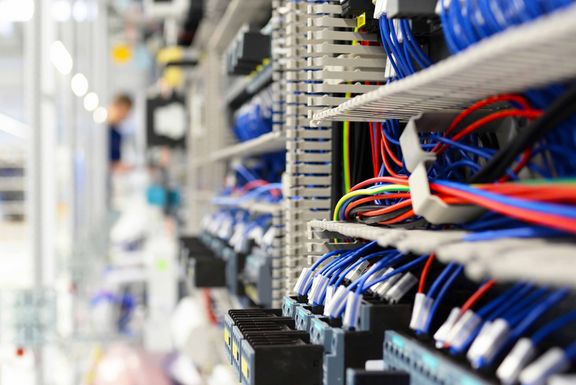
Research and development make an important contribution to transforming broad university knowledge into practical application solutions and to promoting cooperation between companies and universities.
- More information to the Equipment and Measurement Labs
- More information to the Research groups and research projects
JOB & CAREER
Graduates of the master’s program “Industrial Power Electronics” will easily be able to find employment with microelectronics companies and semiconductor manufacturers, electrical utility providers, public transport facilities and companies in the automotive, aerospace and aviation sectors as well as the telecommunications branch. Electrical engineers in the field of power electronics are concerned with the efficient conversion and transfer of electrical energy from its generation to its various application levels. In the master’s program “Industrial Power Electronics” aspiring engineers are prepared for the technological and methodological challenges in their future field of modern power semiconductors and their industrial application in power electronic energy conversion.
The successful completion of the master program Industrial Power Electronics in turn qualifies the graduate to undertake a doctorate according to FHStG [Fachhochschul Studies Act] § 6(4).
Statements
Faculty and Staff - Industrial Power Electronics
FH-Prof. Dipl.-Ing. Dr.
Wolfgang Werth
Mag.a
Elizabeth Maggauer-Hoffmann
Katrin Wölfle
Dr.
Emmanuel Seun Oluwasogo
FH-Prof. Dr. phil.
Colin Heller, M.A.
DI
Simon Grasser, MBA
Stefanie Steiner, BA B.Ed M.A. MEd
DI
Heinz Schretter
Ahmad Suhrab Naseri, B.Sc.
Hassan Saleem
Syed Tawheed Ahmad
Raphael Sommer
Dr.
Sandro Calligaro
Dr.
Michael Glavanovics
Dipl.-Ing. (FH) Dr. techn.
Wolfgang Granig
Nazmul Hasan, Ph.D.
DI DI Dr. techn.
Christian Mentin, BSc
Assoc.Prof. Dr.
Roberto Petrella
Mag. Dr.
Orthulf Prunner
Dipl.-Ing.
Christian Reidl, MBA
Dr.
Saurabh Roy, MSc
Philipp Andreas Steinegger, BSc MSc
Alexander Ulbing, BSc MSc
Josef Wildauer, MSc.
Campus
Campus Villach
Europastraße 4
9524 Villach, Austria
+43 5 90500 7700
villach[at]fh-kaernten[dot]at
Explore Campus Villach on a 360° Tour.
Make a virtual walk through the Science & Energy Labs – T10.

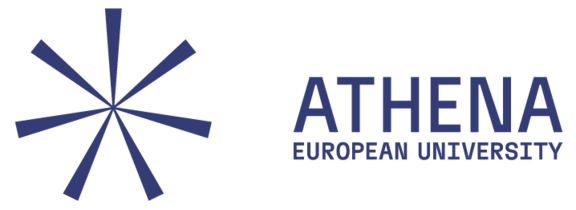
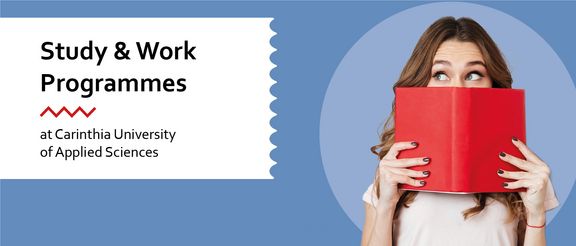
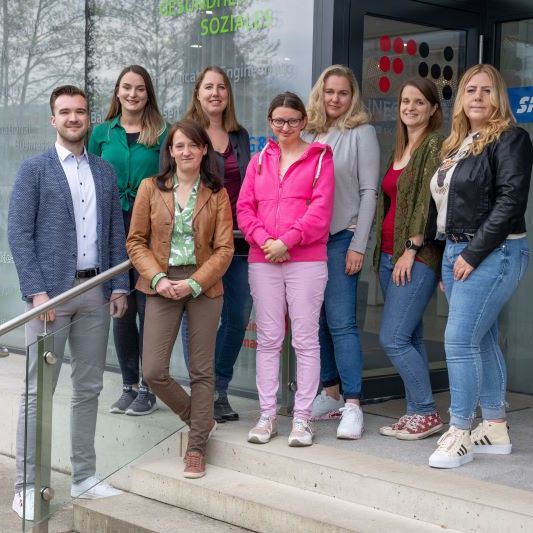
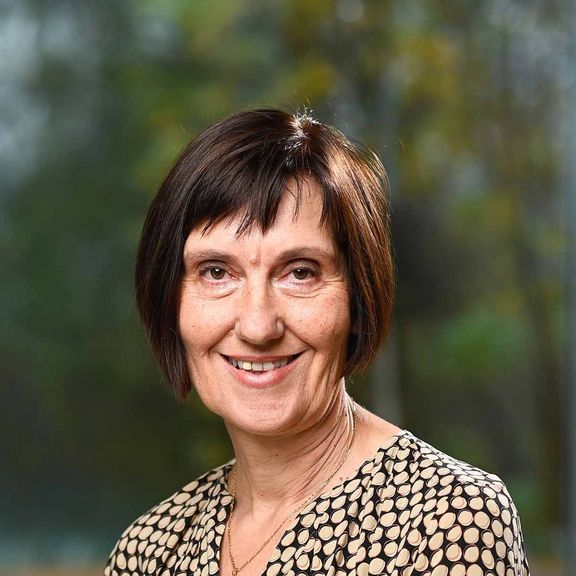

![[Translate to English:] Curriculum IPE Curriculum_Download-engit.jpg](/fileadmin/_processed_/5/d/csm_Curriculum_Download-engit_ce0790552f.jpg)












